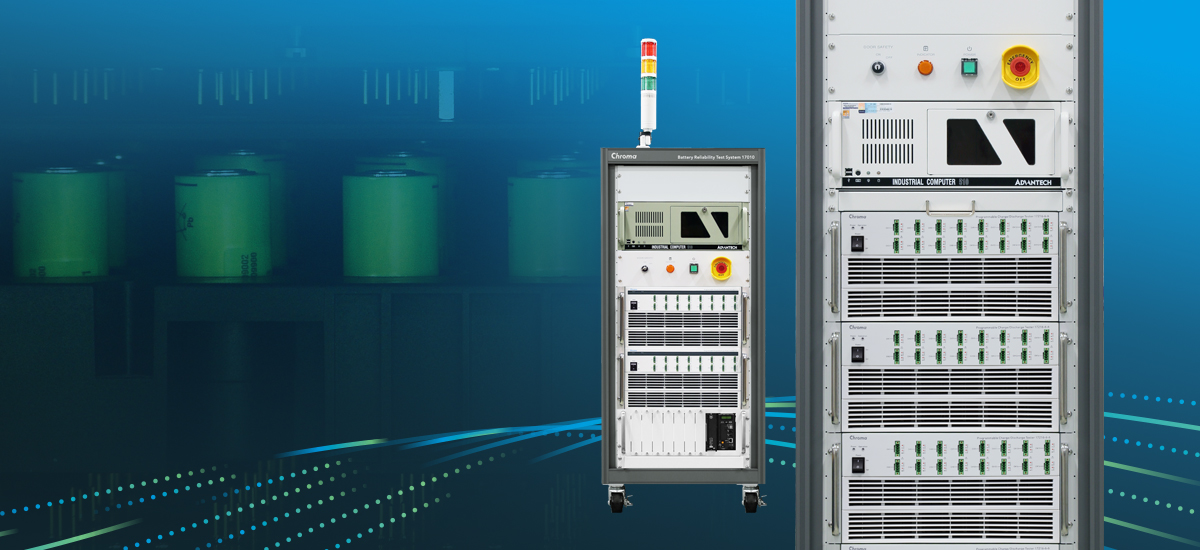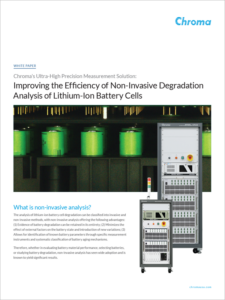What is non-invasive analysis?
The analysis of lithium-ion battery cell degradation can be classified into invasive and non-invasive methods, with non-invasive analysis offering the following advantages: (1) Evidence of battery degradation can be retained in its entirety; (2) Minimizes the effect of external factors on the battery state and introduction of new variations; (3) Allows for identification of known battery parameters through specific measurement instruments and systematic classification of battery aging mechanisms. Therefore, whether in evaluating battery material performance, selecting batteries, or studying battery degradation, non-invasive analysis has seen wide adoption and is known to yield significant results.

